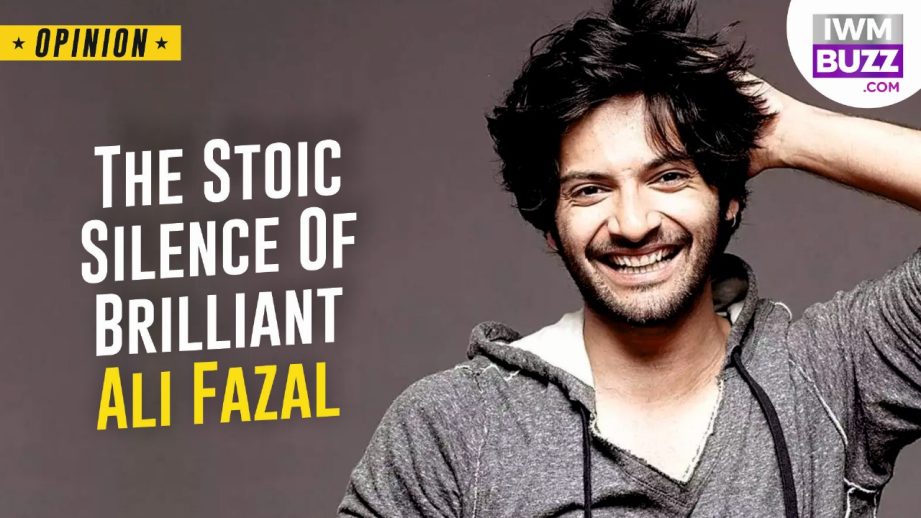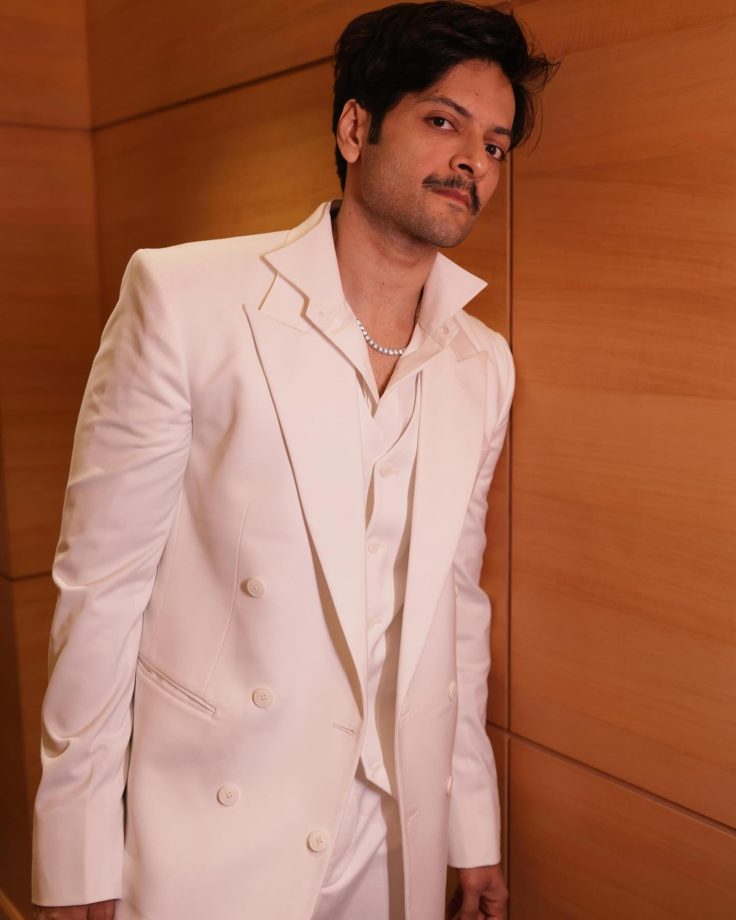
Ali Fazal is inversely proportional to what we call ‘volume.’ What he brings instead is a stare that holds you. He plays like a man listening to the room. And when it’s time, he burns it down. That’s his rhythm.
Which is why it’s wild how quietly he’s built one of the most quietly explosive careers of his generation. Most people still can’t decide what to call him. Is he the indie guy? The streaming guy? The period drama guy who played Queen Victoria’s last companion? Or is he Guddu Bhaiya?
The answer is yes—all of it.
Fazal started with a blink-and-you-missed-it in 3 Idiots (2009), Joy Lobo, the genius who cracked under pressure. And even in that sliver of screentime, he haunted all of us, still does.

Then came the slow burn. Always Kabhi Kabhi, Fukrey, Bobby Jasoos, Khamoshiyan. Roles that were lighter, funnier, safer. And just when the industry thought it had him mapped, he turned around and booked Fast & Furious 7. Followed that up with Victoria & Abdul in 2017, where he went toe-to-toe with Judi Dench and somehow, quietly, matched her.
Fazal made the mark. He was crossing out the labels the industry kept sticking on him. But nothing, nothing, shifted his gravity the way Mirzapur (2018) did. The shift to vengeance was violent, tragic, and weirdly operatic. And then lastly, we saw him sliding into the role of Akash in Anurag Basu’s Metro…In Dino, we saw him juggling between the idea of love and realism.
Off screen, too, he’s moving differently and producing now with Pushing Buttons Studios. Married to Richa Chadha, and forming something that looks a lot like power. But quiet again. No spectacle.
And now, with Mirzapur being adapted into a full-length feature for 2026, Fazal’s headed back into the storm. Not as a newcomer. Not as a lucky break. But as a man who’s earned the long game.
